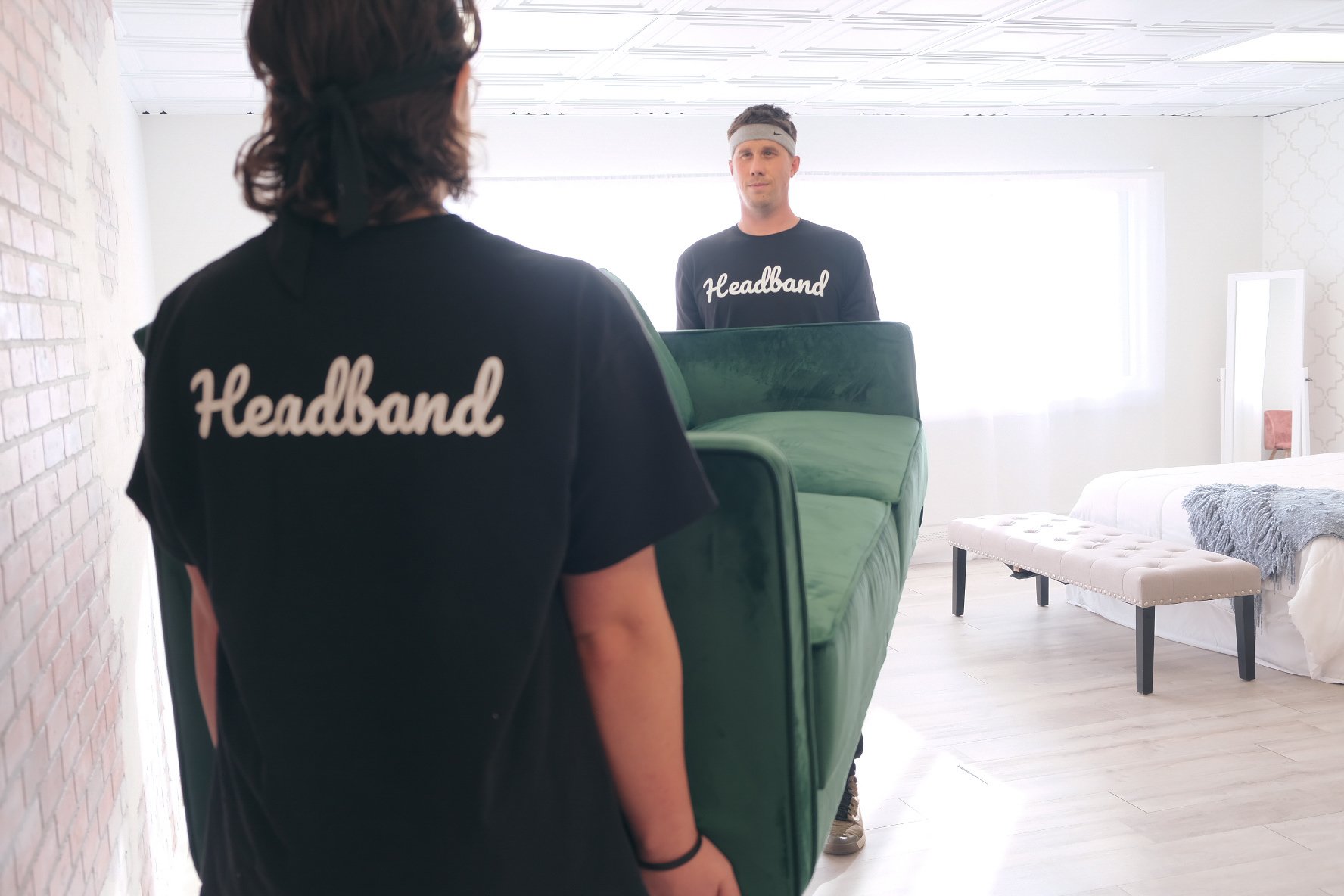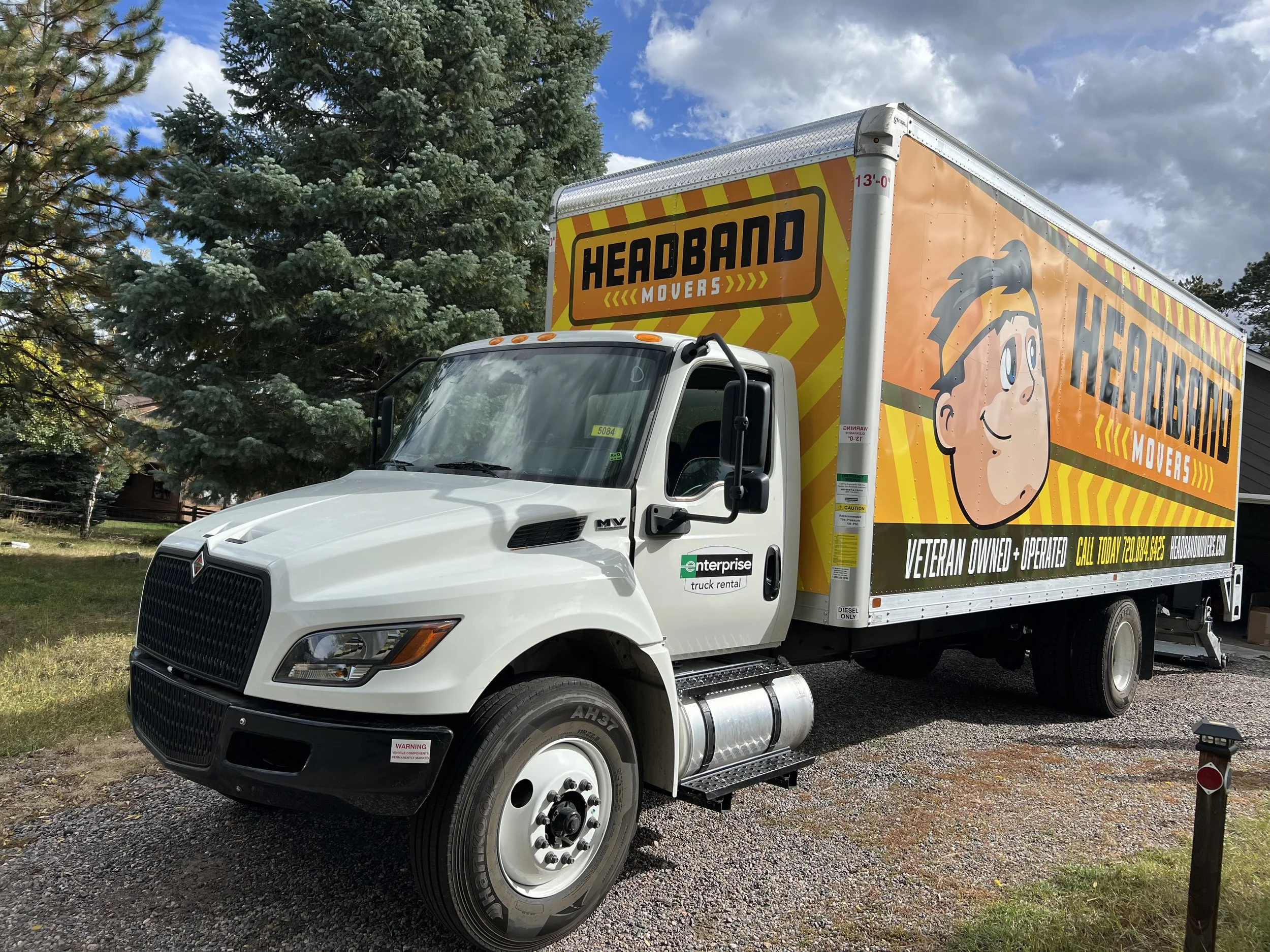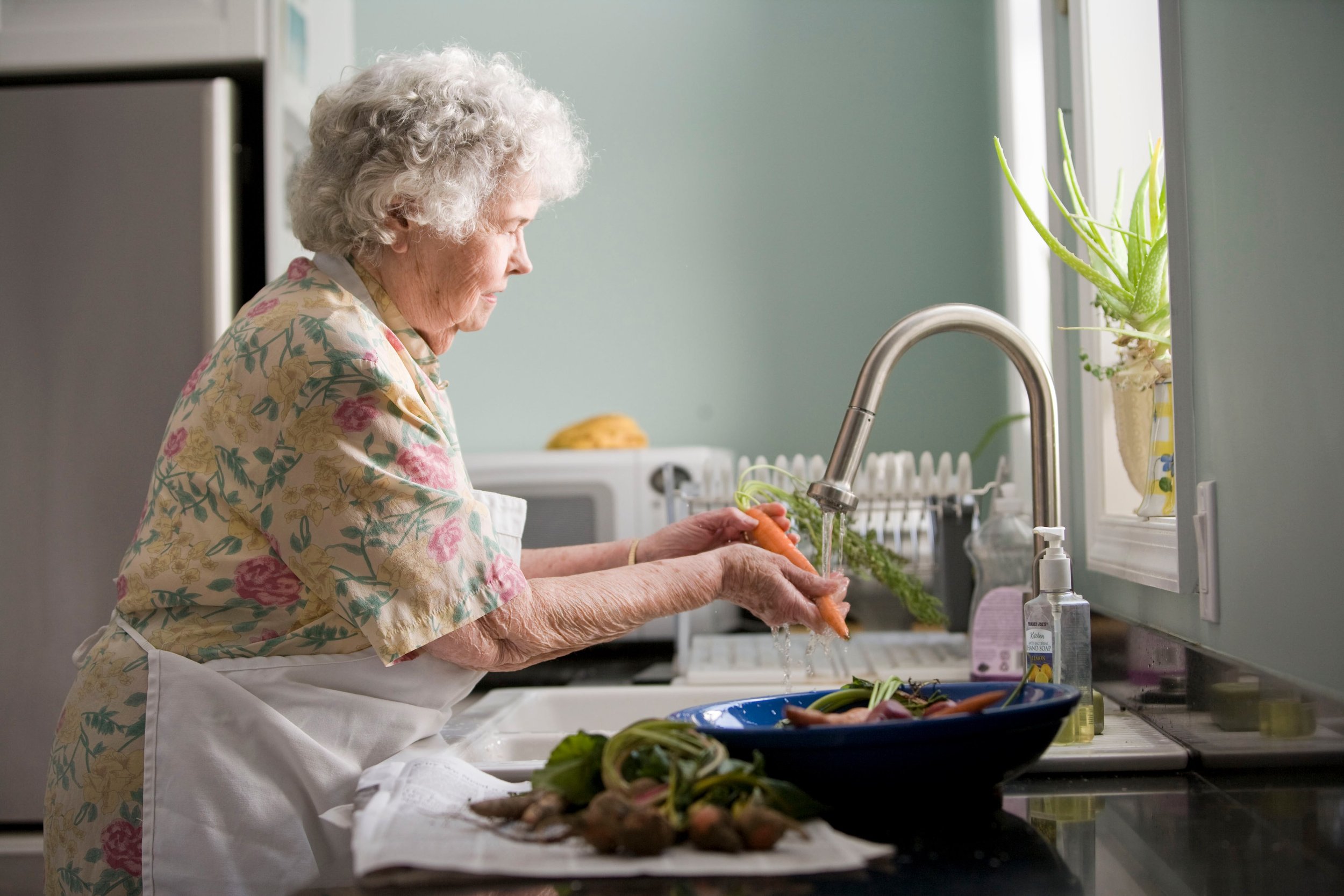Senior Moves – Tips and Advice
Senior Moves – Tips and Advice
📷 Photo by Jeff Sheldon on Unsplash
Senior moves can be pretty challenging. From the physical preparation to the logistical planning, everything about a senior move is different than moving a family or a single professional. With so many variables involved in moving a senior, it is difficult to find reliable information on how to do so successfully. As much as we love our grandparents and are delighted watching them move into their new home, it's also lot of work.
We've put together this guide with tips and advice for seniors or your grandparents, to ensure that the move goes as smoothly as possible!
Measure your new home to make sure everything will fit.
📷 Photo by Collov Home Design on Unsplash
Measure your new home to make sure everything will fit. It's essential to measure the space where you'll be moving so that all of your belongings can fit comfortably into the space. Before buying furniture, you may want to know what kind of furniture would work best for your new home. If a piece is too big when measured against the walls or doorways in your new place, it's probably not worth buying unless there is some flexibility with its size (such as an armchair).
When moving, don't take everything.
📷 Photo by Jonathan Borba on Unsplash
Deciding what to take and leave behind can be overwhelming for many people. You may think you must pack everything for your move to go smoothly. But this isn't true! Leaving some things behind can help make your move much easier and faster.
Don't take broken or unusable items: If you have things that no longer work or are broken, it's better not to take them with you when moving because they will end up cluttering up a new space and possibly requiring repairs that could cost more than their original value. For example, if your refrigerator is broken or old but still working well enough, it's best left at home since buying a new one could be expensive.
Don't pack sentimental valuables: When it comes down to it, sometimes sentimental value is worth more than financial value—but only if those items are easy enough for seniors like yourself to lift/carry/maneuver around (older adults often have trouble lifting heavier objects). This means that instead of packing cherished family photos into boxes full of heavy books on top of them—which would likely lead to them being damaged during transit —you should consider taking only digital copies instead; after all, these days, most pictures tend to end up online anyway (especially once uploaded onto social media sites).
Purge and donate
📷 Photo by Nick Hillier on Unsplash
Before you move, consider downsizing. Purge and donate anything you don't need any more. You should also follow these guidelines:
Only keep those things that are still in use or have sentimental value. Don't keep broken or damaged items either; give them away if someone else can use them!
If something has not been used for a long time—whether it's because it's no longer in style or simply doesn't fit well with your lifestyle don't keep it just because "we've always had this." It might be a good idea to try selling it on eBay or other websites instead of taking up space in your house.
Pack and unpack carefully and slowly.
📷 Photo by Alex Russell-Saw on Unsplash
Packing and unpacking can often be the most challenging aspects of moving. However, there are several strategies that seniors can employ to help make this process easier and safer.
Take your time when packing and unpacking.
Use a stool or stepstool to reach high shelves or areas you might not be able to reach on your own. This will keep you from potentially straining your back while helping prevent accidents that could result in injuries.
Don't lift heavy objects by yourself! Even if it doesn't seem like it at first, they will become very heavy after a while, it’s also best not to overdo it on any day; try spreading your tasks throughout multiple days instead of trying to do everything all at once!
Pack one room at a time
📷 Photo by Holly Stratton on Unsplash
Pack up one room at a time. It's easy to get overwhelmed with emotion and stress when moving, so tackling one area at a time is best.
Don't pack all your bedroom stuff in one box because you'll want some of it for the first few of nights in your new place.
Label all your boxes clearly before they go into storage or to their final destination, but don't overdo it; experts recommend using just two or three labels per box so that there isn't too much information on any given label (and thus less chance of confusion). In addition, make sure each label is large enough to easily read, even if someone has terrible eyesight (or no vision) and uses a magnifying glass!
Make sure your new home is ready for you before you move in: make sure everything works properly (lights, appliances), as well as make sure there are no leaks anywhere, such as water pipes under sinks, etc.
Take it easy - Don’t rush
You know the best way to avoid confusion when unpacking is to label each box with a number, letter, or symbol. Don't cut yourself short, use a permanent marker and mark the front and back of each box so that you can tell what's inside without opening it.
Labels also help you move things more efficiently once you're in your new home. Label boxes in order of importance (for example, put dishes at the top so they get unpacked first), mark fragile items like glassware or art books and write down which rooms are reserved for heavy items like appliances or furniture.
Hire professionals to do the physical labor.
For seniors the best way to get the job done with less stress and strain is to hire professionals for some or all of the physical labor. It can be overwhelming and confusing if you have never hired movers before.
To make things easier, we've outlined each of your options below:
Hire a moving company like Headband Movers (or mover)
A professional moving company will likely charge by hourly, so you don't need to worry about how far your goods travel. Just look up the cost from their website and add any additional fees for packing materials or boxes if necessary. You should also confirm whether they offer insurance for your items if anything gets damaged during transport. If they do not offer insurance, ask them if they have recommendations for third-party providers nearby who may be able to help out in this area.
Find reputable movers in your area
Finding a reputable mover can reduce the likelihood of problems or mistakes.
When you're looking for movers, ask friends and family for recommendations. They may know someone who has had positive experience with a particular company and could give you the name of that company's contact person at their office.
To summarize
Moving can be a challenge for seniors because of their physical limitations. Moving things around at home is easy, but moving to another place or state becomes much more complicated. Ideally you should hire professional movers with experience with moving seniors and can take care of the heavy lifting for you. This will help reduce your stress levels and allow you to focus on other things while they do all of the work! Contact Headband Movers for your free moving estimate.
Planning is the best thing you can do to make moving more manageable.
Use this article as a starting point and consult with your moving company or friends for help planning the rest of your move.










